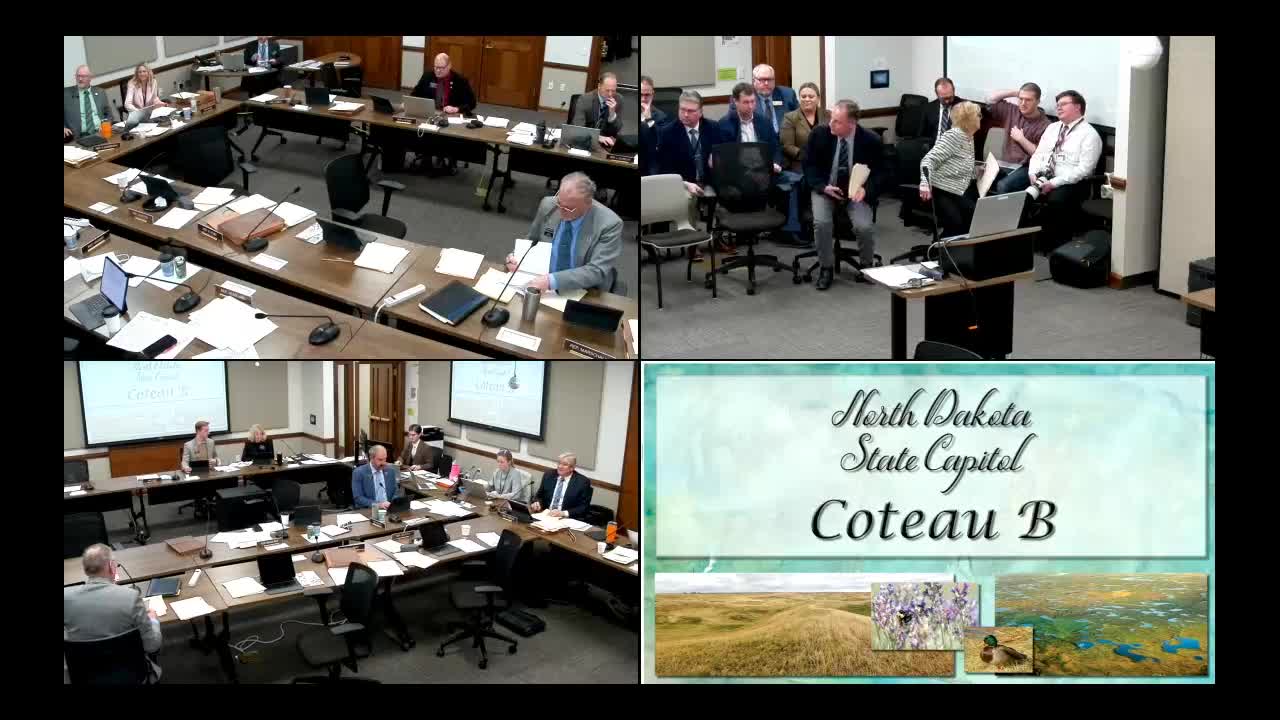Article not found
This article is no longer available. But don't worry—we've gathered other articles that discuss the same topic.
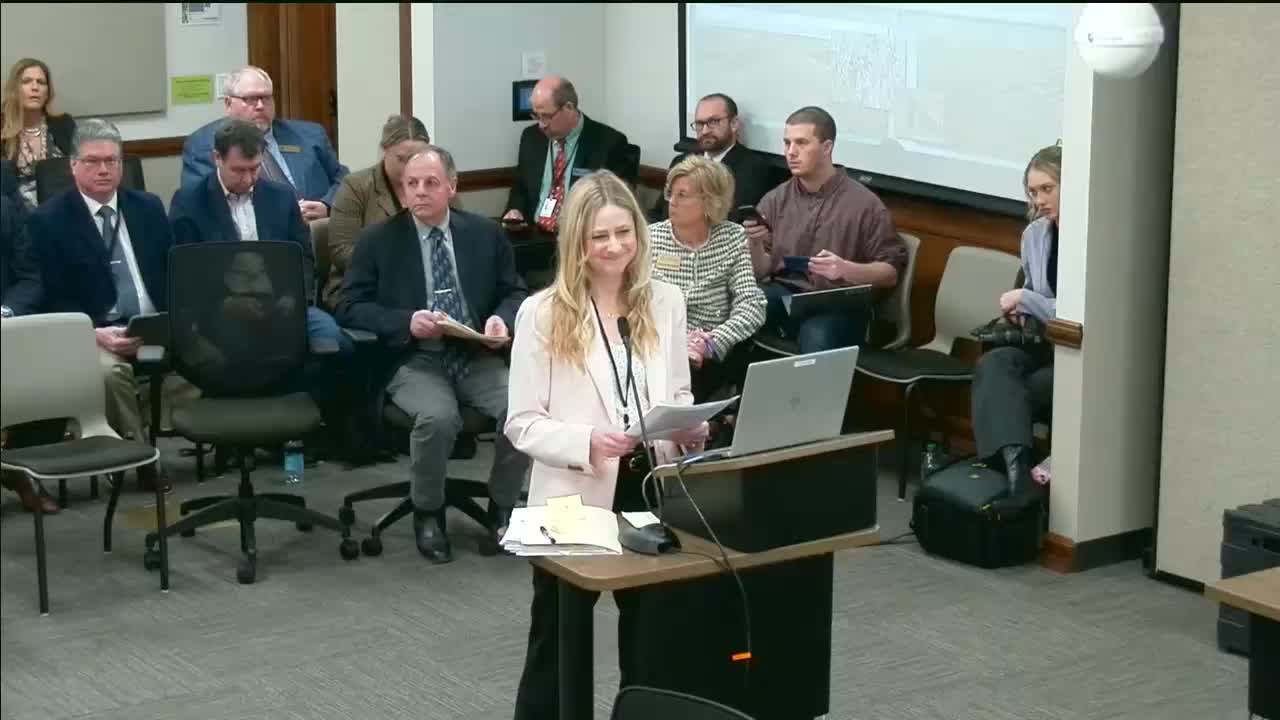
North Dakota committee hears wide debate on requiring large energy users to seek CPCN; no vote taken
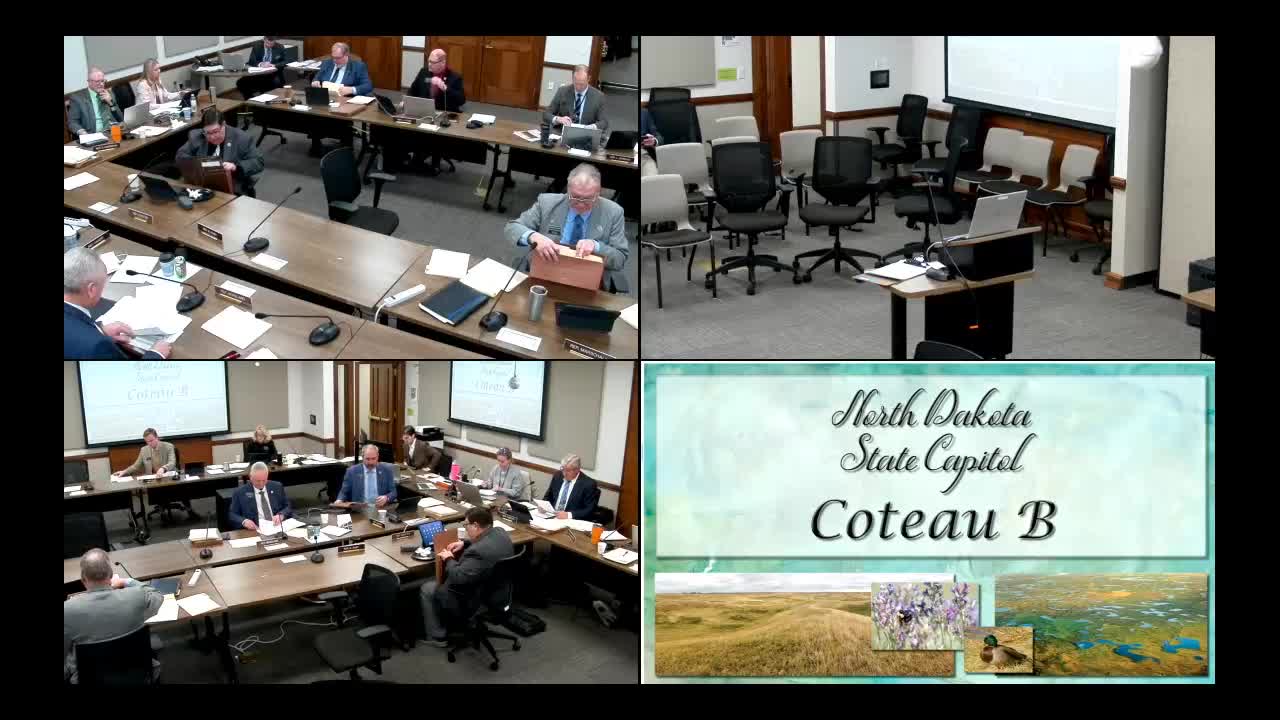
Committee recommends do‑not‑pass on bill after Water Resources says it was not party to lawsuit cited by sponsor
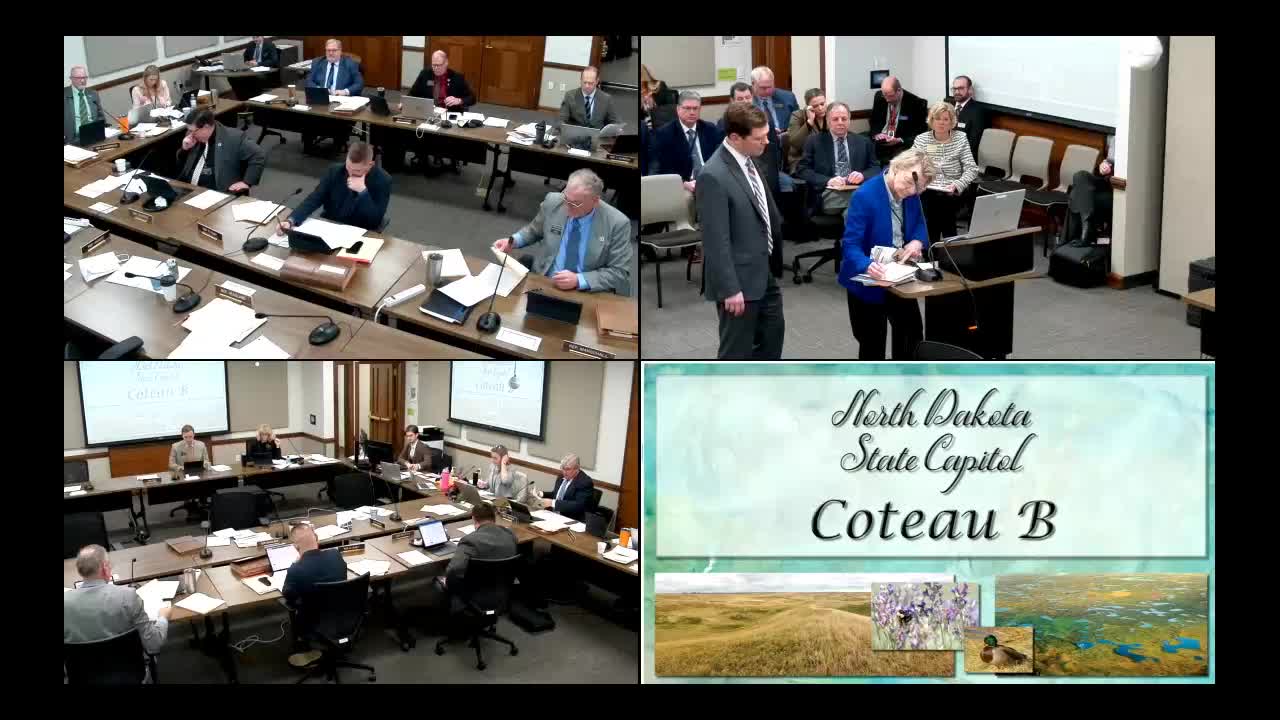
Committee issues unanimous do‑not‑pass on bill about Department of Water Resources permit deadlines after agency says it will adopt rules
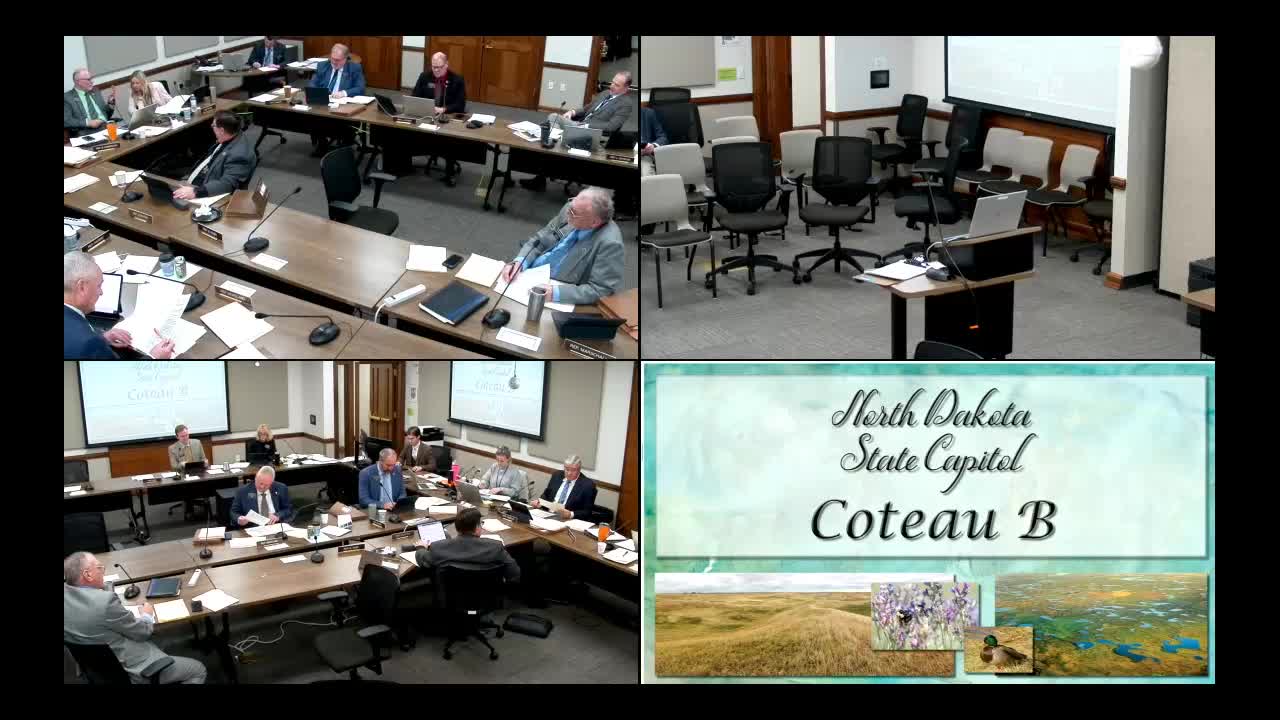
Committee recommends do‑not‑pass on bill centralizing septic oversight after local health officials testify
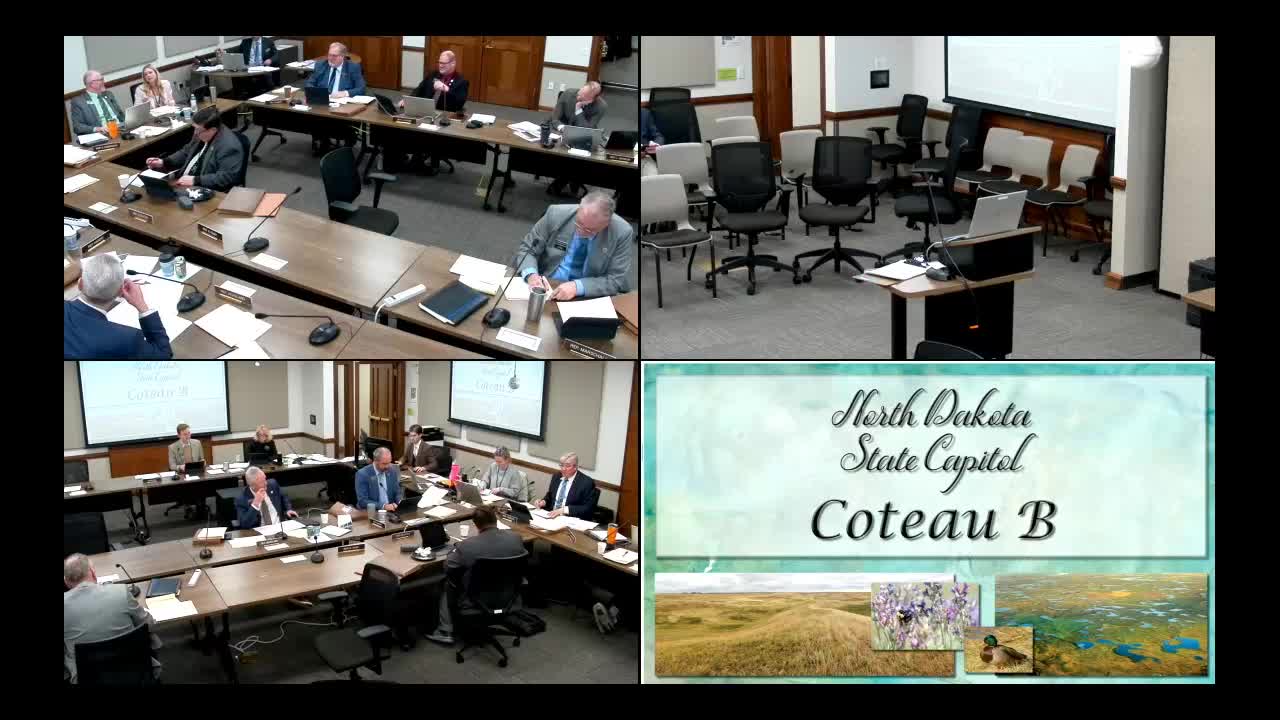
Committee backs $50 million wastewater infrastructure program with carve‑out for smaller communities
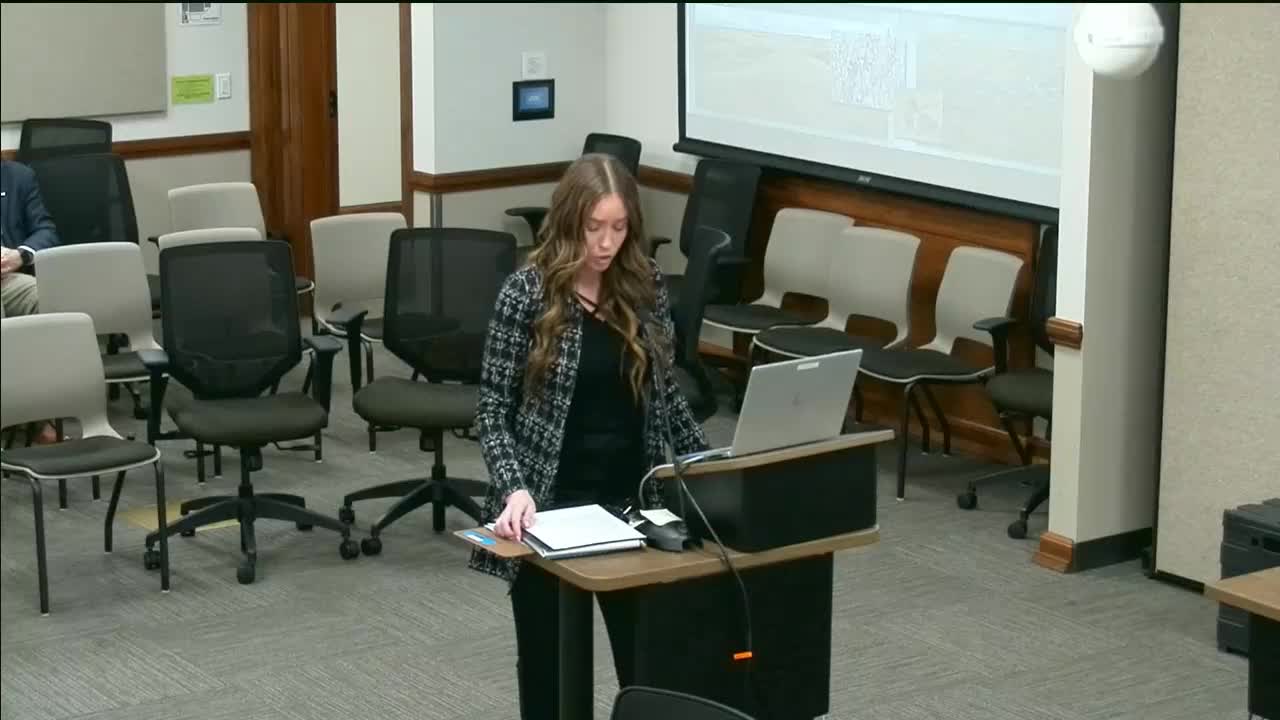
Panel approves adding Water Resources to Outdoor Heritage advisory panel, relaxes quorum rule
